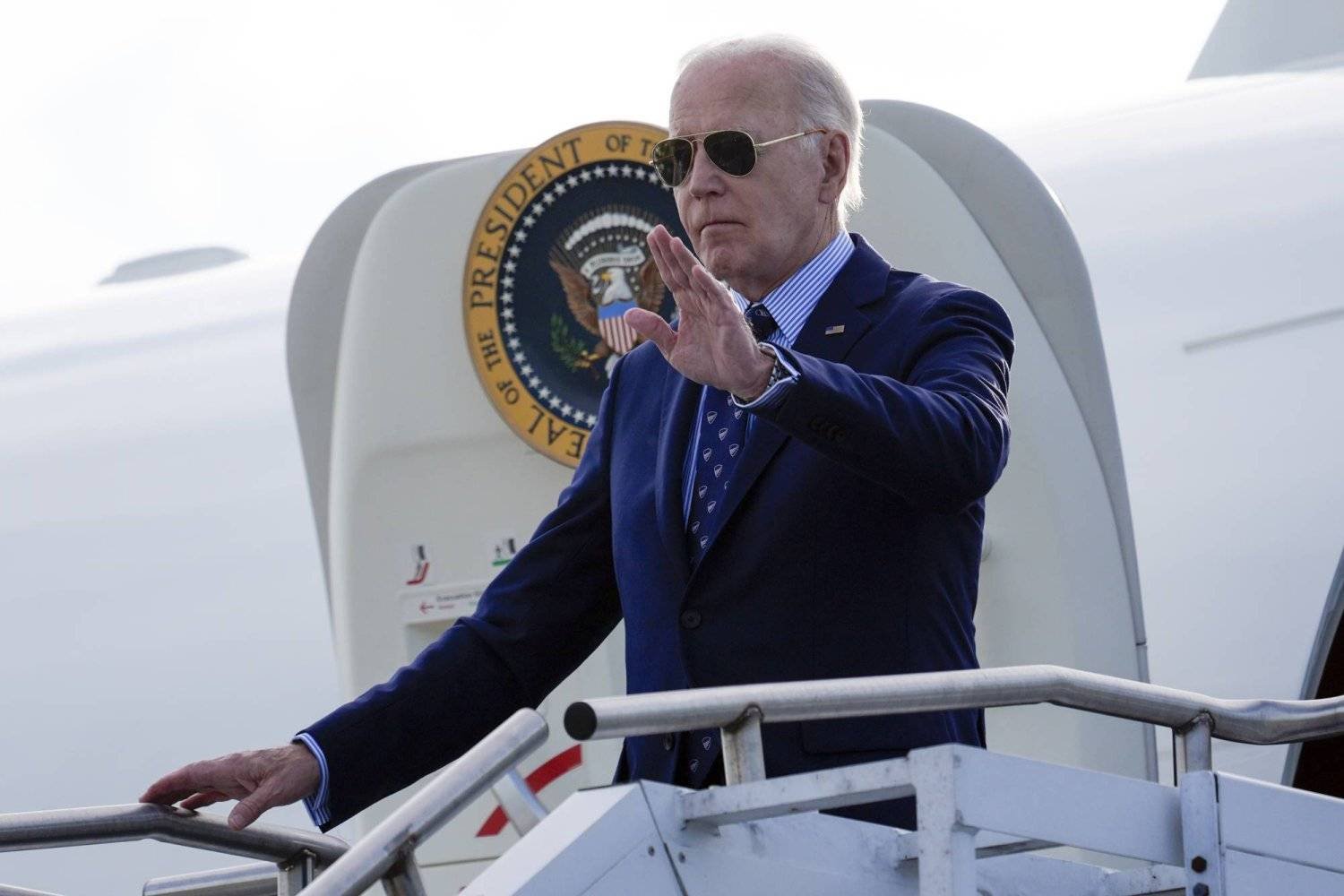On Monday, the United States said that it wanted the UN Security Council to approve a resolution endorsing President Joe Biden’s plan to put an end to hostilities between Israel and Hamas, the Palestinian organisation, in the Gaza Strip.
It sent the 15-member council a one-page draft text that Reuters was able to view. For a resolution to be passed, it must receive nine votes or more and not be vetoed by the US, France, Britain, China, or Russia.
Accepting the arrangement and “fully and implement its terms without delay and without condition,” according to the document, is what Hamas is expected to do. Additionally, it “stresses the importance of the parties adhering to the terms of the deal once agreed upon, with the aim of bringing about a permanent cessation of hostilities.”
A draft Security Council resolution submitted by Algeria a week prior called for the immediate cessation of Israel’s military attack in Rafah, the release of all hostages held by Hamas, and a truce in Gaza. The US proposal follows suit.
Biden stated that “it’s time for this war to end” and received a favourable response from Hamas when he presented what he characterised as a three-phase Israeli proposal for a ceasefire in Gaza in exchange for the release of Israeli detainees on Friday.
US Ambassador to the UN Linda Thomas-Greenfield issued a statement saying, “Numerous leaders and governments, including in the region, have endorsed this plan and we call on the Security Council to join them in calling for implementation of this deal.”
She implored the council to approve the resolution. “To support this deal, we must speak with one voice,” she declared.
In a statement, the major countries that make up the Group of Seven (G7) declared that they “fully endorse and will stand behind the comprehensive” ceasefire and hostage release agreement. It’s critical to “deal seriously and positively,” according to the foreign ministers of Egypt, Saudi Arabia, Jordan, the United Arab Emirates, and Qatar.










